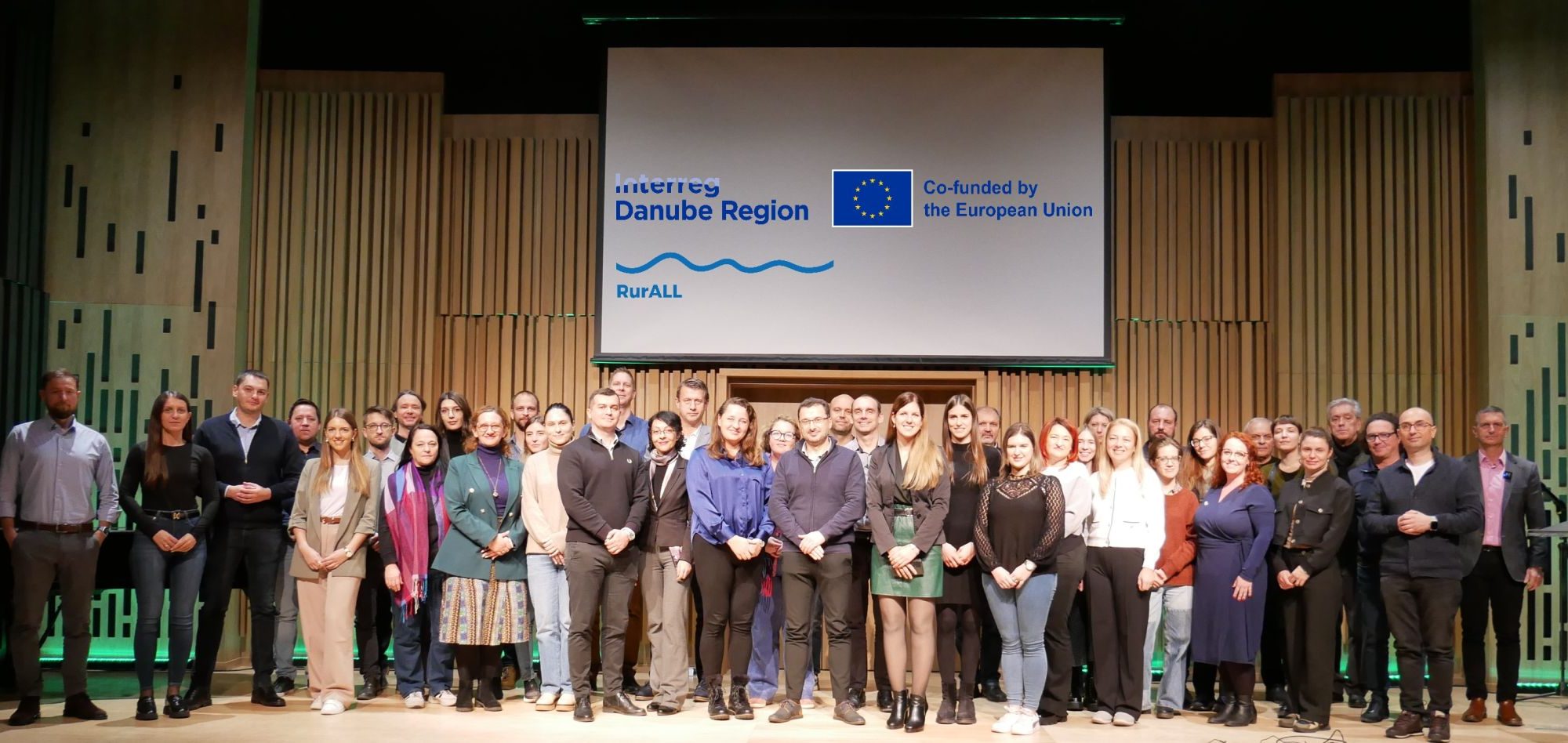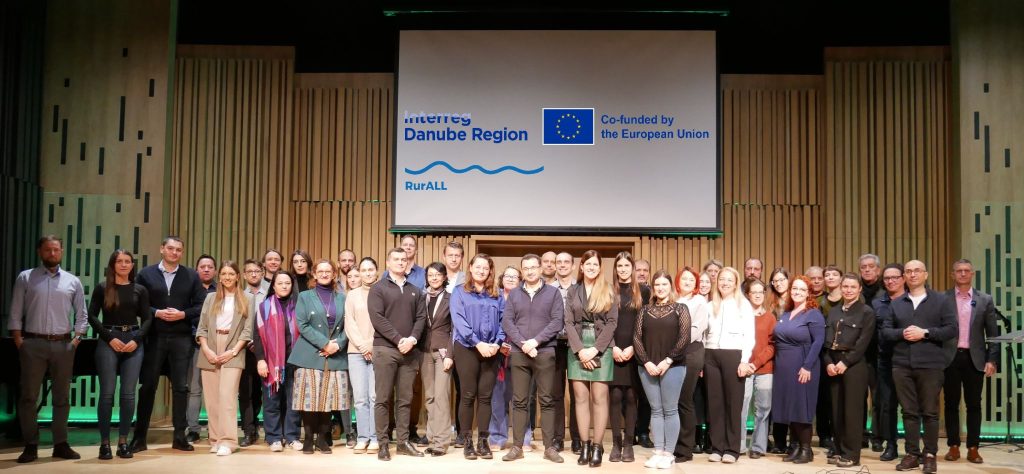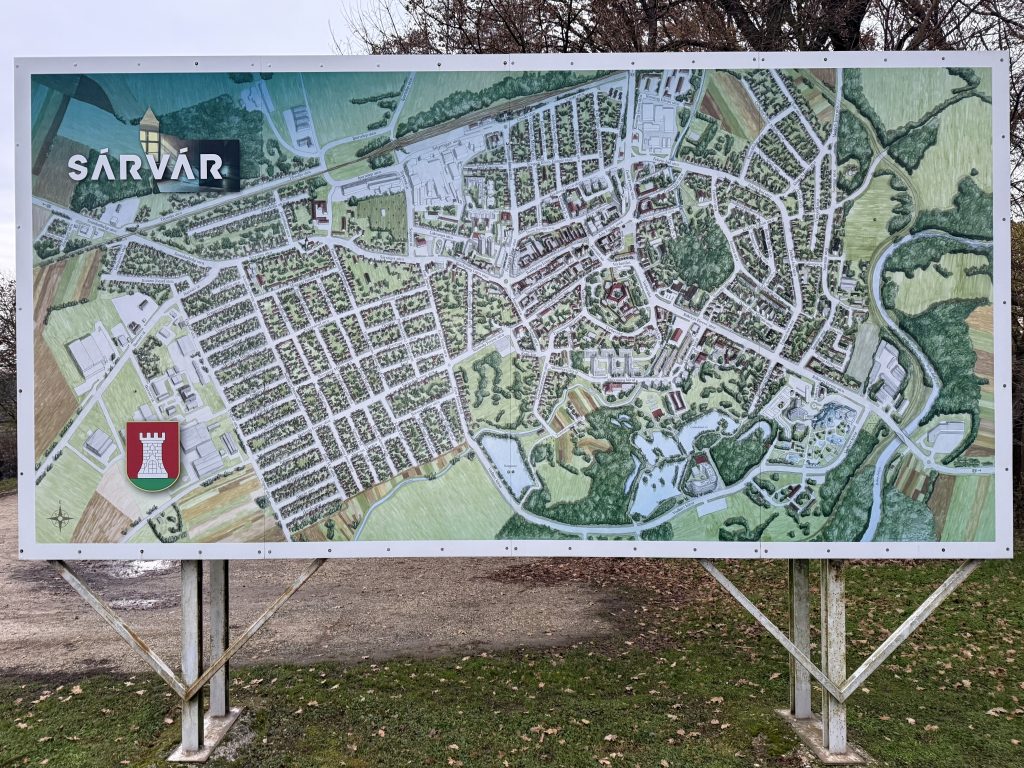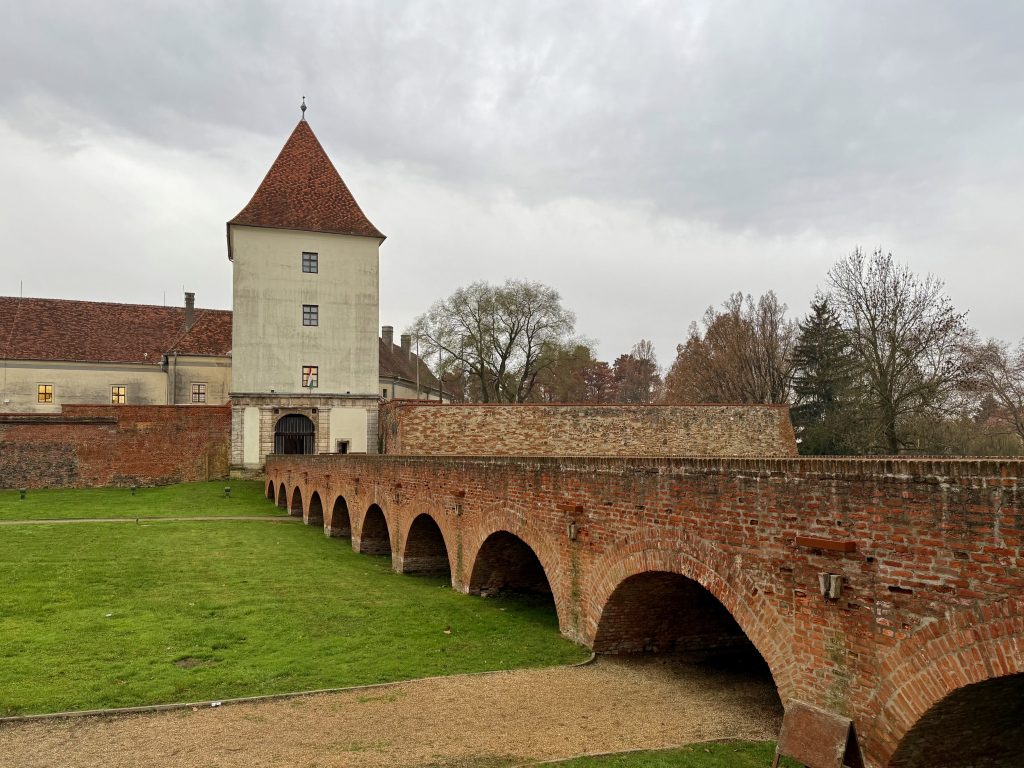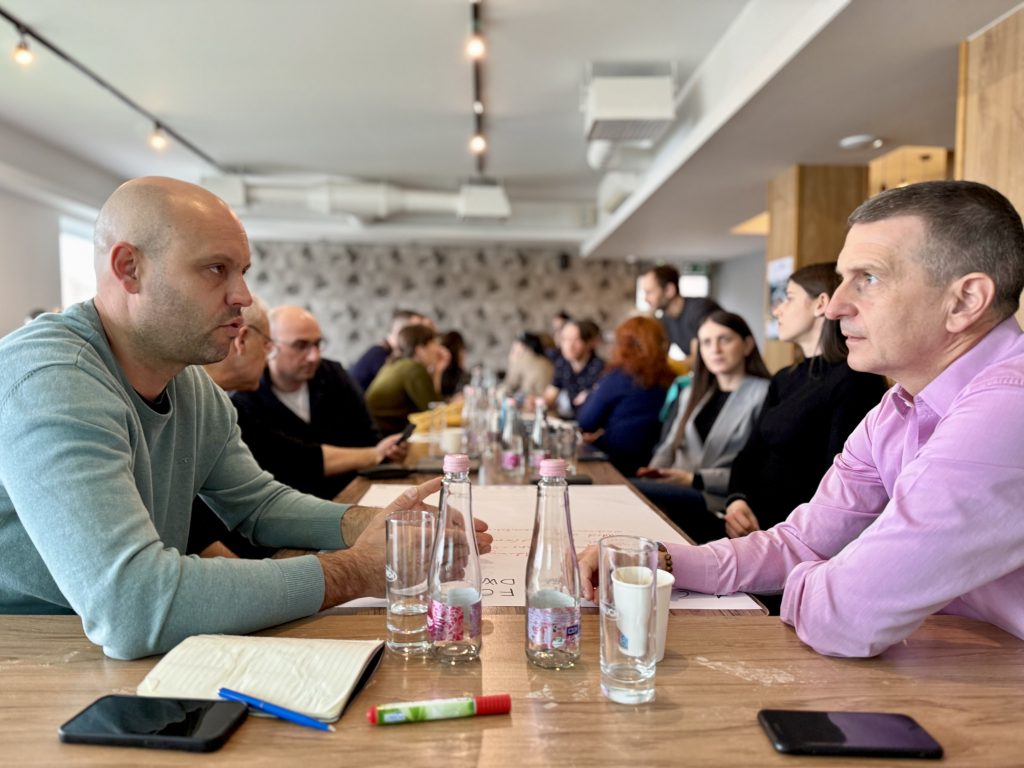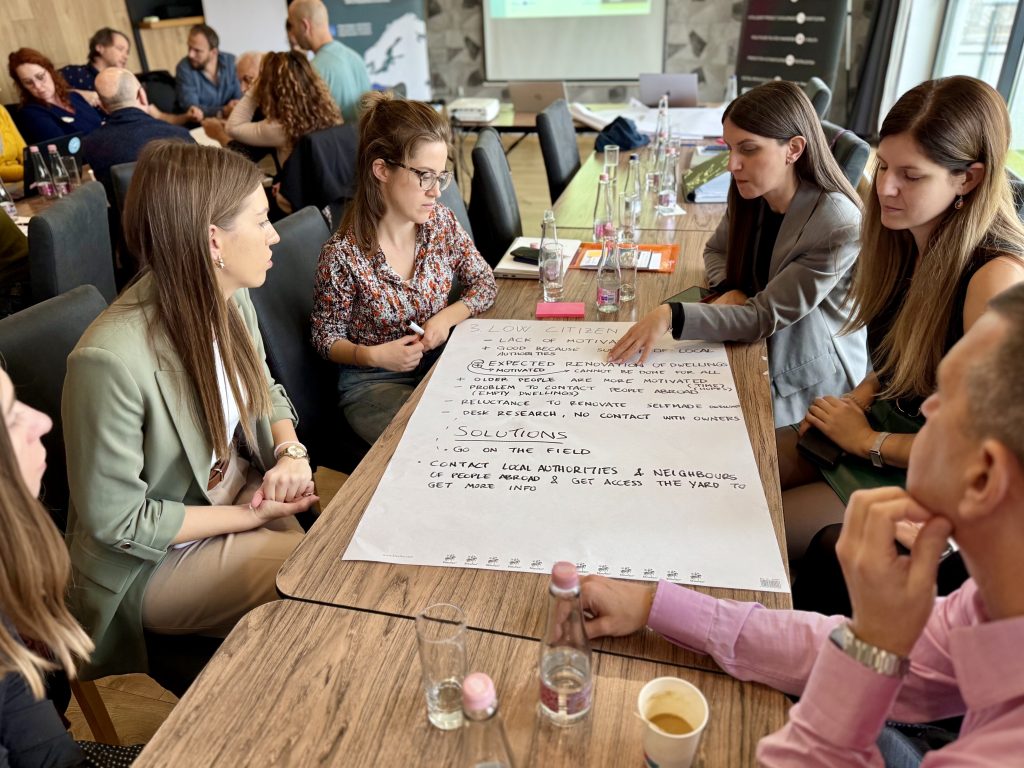We’re excited to share highlights from our recent consortium meeting that took place in Sarvar from 26 to 28 November as part of the ongoing Interreg Danube RurALL Project! Over the course of two productive days, our team engaged in meaningful discussions and explored innovative approaches to support the sustainable revitalization of rural communities.
Key Discussion Points
1. Mapping Processes Understanding the specific needs and potential of local communities is critical to our mission. During our meeting, we delved into mapping processes designed to identify key assets, challenges, and opportunities within the Danube region. These insights will guide our strategic interventions.
MOBA led two impactful workshops dedicated to the Identification and Mapping of Dwellings. The workshops focused on the following key tasks:
- D.2.1.2 Mapping and Collection of Data: This stage involves comprehensive public engagement to gather data on local dwellings. As of now, 58 dwellings have been fully mapped, and at least 350 have been partially mapped with strong community support.
- D.2.1.3 Data Analysis: Once data collection is completed by the end of 2024, MOBA will generate a comprehensive Mapping Data Analysis and Report. This report will analyse the data from pilot areas, create detailed maps, and enable a comparative analysis among different regions.
The mapping process also includes a Comparative Analysis of the Causes for Dwellings Deterioration. Each pilot area will develop a detailed map of deteriorating dwellings, which will be integrated into existing spatial planning documents. Additionally, the tool will support the development of a 10-year projection to assess the future number of deteriorating dwellings if depopulation trends persist.
2. Multistakeholder Governance Model Central to our project’s success is the development of an inclusive governance framework that empowers diverse stakeholders—from local authorities to grassroots organizations. Our discussions focused on refining this model to foster collaborative decision-making and ensure the long-term sustainability of revitalization efforts.
3. Community Engagement We emphasized the importance of involving residents in every step of the process. By amplifying local voices, we aim to create solutions that reflect the community’s vision and strengthen their sense of ownership.
Site Visit Highlights
Our visit to Sarvar’s Music House and the historic Old Town was a true inspiration. These culturally significant landmarks underscore the importance of preserving heritage while adapting spaces for contemporary use. Seeing firsthand how these spaces could be revitalized provided valuable context for our work.
Exploring Sustainable Building Materials
One of the standout moments was an expert presentation by the TVG Development Platform on the use of industrial hemp in construction. Industrial hemp presents a sustainable, eco-friendly option for renovating older buildings, thanks to its durability, insulation properties, and minimal environmental impact. This knowledge will help inform future restoration projects within the RurALL Project.
Moving Forward
The past two days in Sarvar have strengthened our shared commitment and provided clarity on the next steps for the RurALL Project. The insights gained will shape our ongoing efforts to support the social, economic, and environmental revitalization of rural communities in the Danube region.
With the comprehensive data collection and analysis efforts led by MOBA, along with collaborative governance strategies, we are well-positioned to prepare impactful policy recommendations. The combined efforts of mapping, comparative analysis, and public engagement will serve as a robust foundation for sustainable change.
Stay tuned for more updates as we continue our journey toward sustainable rural transformation!

